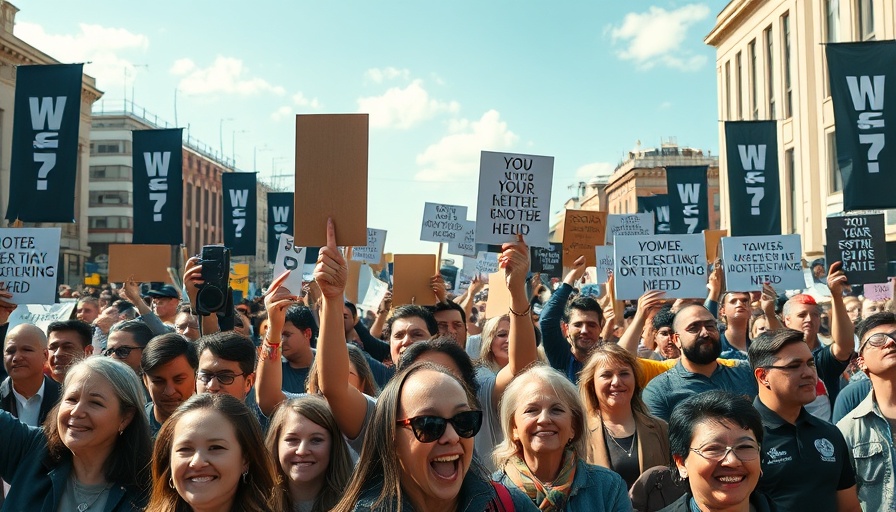
Burkina Faso's Radical Shift in Electoral Management
In a shocking move, the Burkina Faso government is set to dissolve its independent national electoral commission, a body that has been in place since 1998. This decision, spearheaded by Minister of State Emil Zbo, is framed as a significant reform aimed at curtailing costs and streamlining governance. By reverting election management back to the Ministry of Territorial Administration, the government hopes to align with the transition charter and reduce financial burdens.
In 'Burkina Faso to dissolve its electoral commission', the discussion highlights a significant reform in electoral management, prompting a deeper look into its implications.
The Historical Context of Burkina Faso's Electoral Commission
The electoral commission was established as a product of political compromise during a pivotal moment in Burkina Faso's history. It consisted of 15 commissioners, including representatives from various political factions and civil society, designed to foster transparency and trust in elections. However, with rising concerns over inefficiency and operating costs, the government has deemed this independent body more of a liability than an asset. The return to previous management practices raises questions about the integrity of future elections.
Implications for National Sovereignty and Governance
This shift is not merely about cutting costs; it signals a broader attempt to rebuild national sovereignty as Burkina Faso grapples with internal and external challenges. The transition's extension until 2029 emphasizes the government’s commitment to re-establishing control and stability. Yet, critics might argue that centralizing electoral management could lead to diminished democratic processes and transparency.
What Does This Mean for Burkina Faso's Future?
Burkina Faso stands at a crossroads. As electoral reform unfolds, it reminds us of the delicate balance between governance efficiency and democratic integrity. Citizens and civil society will need to keep a close eye on how these changes impact their political landscape. Will this shift restore confidence in governance, or will it create new avenues for manipulation?
The recent developments in Burkina Faso underscore the significance of active civic engagement and accountability in shaping one’s political destiny. Every citizen’s voice holds power; harness it wisely.
 Add Row
Add Row  Add
Add 




Write A Comment